
Get ready for some culture studies and anthropology jargon with this one. I’ve tried to soften it up, but a lot of support for this piece came from my past academic writing, so please bear with me!
The identity of video game culture is shifting thanks to a relatively recent, positive change in mainstream perspectives about the value of the gaming as a pastime, profession, and about video gamer stereotypes. As a gamer you’re immersed in the culture, you’re used to it, but have you ever taken a step back and and looked at the big picture? What exactly is video game culture these days and how is it changing? Here’s your crash course!
Academic Framing
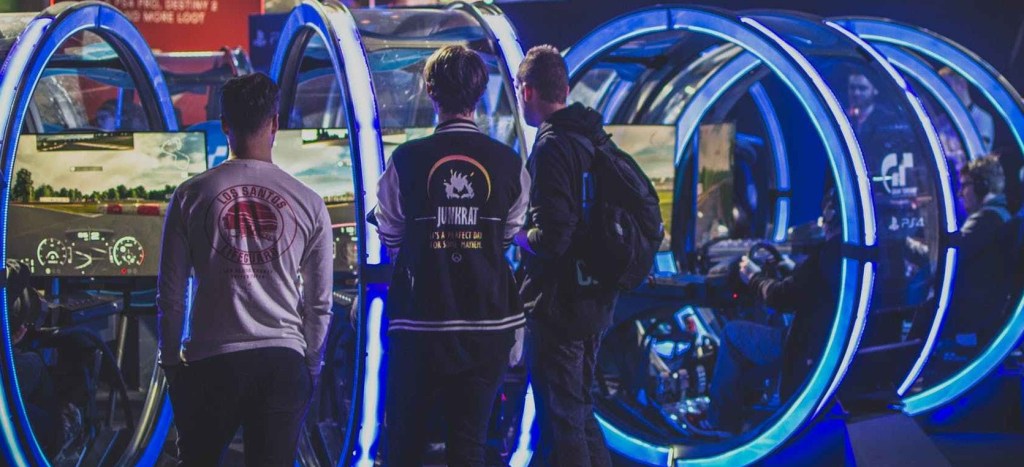
Video game cultural identity can only be described as in dynamic flux, ever-changing as the result of several factors: the consistent and inconsistent numbers of cultural elements entering and leaving the gaming scene; some organic, growing with age and experience, some digital, changing by invention and development. All of them alter the phenomena we call video game culture.
It is important to note that video game culture has been of interest to the social sciences for the past several decades, give or take a few years. This culture is academically thought of as being “separate from constructed mainstream culture, as something new, different, and more importantly definable (Shaw, p.404).” We must also strive to understand how video game culture is defined in opposition to the mainstream when analyzing video game culture’s place in the world today, as well as the affect challenges to it are having on the identity of gamers.
Personally, I prefer the phrase “gamer culture” rather than “video game culture” or “gaming culture” which is most often used in the scholarly writing found on the topic. Video games are an interactive medium, so emphasis should be placed on the people participating, not on the games themselves as cultural artifacts.
Don’t You Dare Say “Child’s Play”
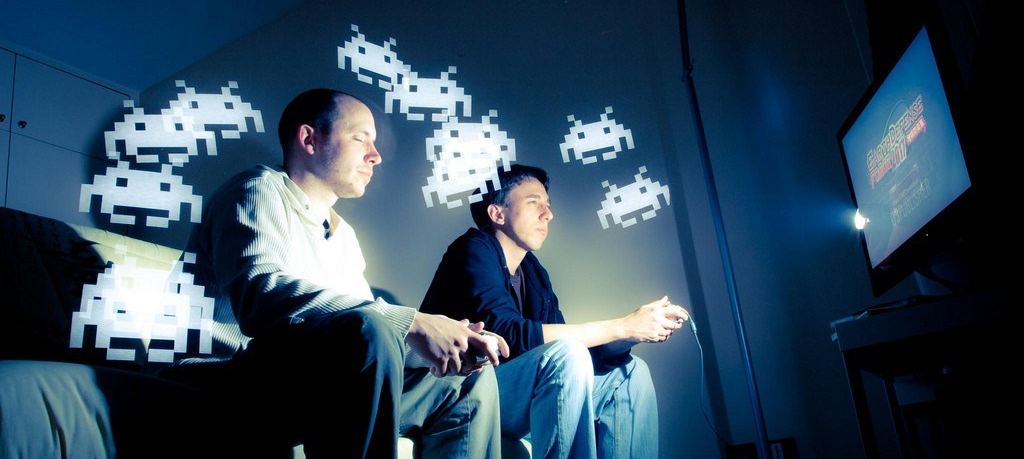
Discourse surrounding electronics and technological innovation has always been at the center of video game culture discussions and there is a large (yet slowly closing) gap between those immersed in games and those who have only heard secondhand reports about gaming, making it difficult to have coherent discussion about the meaning of games and the associated culture. (Shaw, p.406)
Gamer culture is defined by a common interest in interactive electronic entertainment as an activity. This culture belongs to gamers and is shaped over time by those individuals and groups, as well as by the developers and industry, through a wide variety of input methods, such as social media or fan interactions at expos. The evolution video game culture is spurred by those who are passionate about video games and related activities.
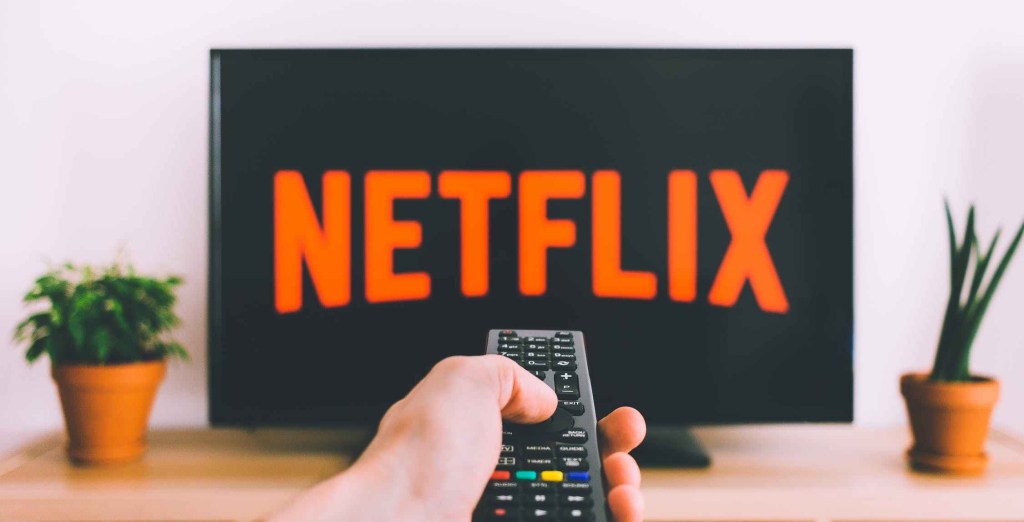
Mainstream culture would pose that it is acceptable for a working adult to come home and spend hours binge watching Netflix or browsing Facebook, but that spending the same amount of time playing video games, alone or with friends, is a lazy, childish activity. Adults participate in the hobby of gaming, so does that not by definition make it an adult hobby?
What does gaming need to do to be taken seriously by mainstream society? Well, the entire identity of gamer culture must change and adapt, and fortunately it has already begun to do so.
The Catalyst of Change
The relatively recent boom of video games as a high production quality spectator sport has been challenging the defining borders of video game culture identity by bringing gamers to the visible forefront of the entertainment industry, squarely before the public eye, where media and academia have the opportunity to frame gamer culture differently than they have in the past. Surprisingly, they are framing it favorably.
Esports has had a positive, ongoing impact on gamer culture due to commercially successful (Fuller 2019) video game sporting events which had never been seen on such a large scale before RIOT Games released its wildly popular title, League of Legends in 2009. For those in in the know, please note I did not forget about Starcraft. Starcraft, while it is widely considered to be the origin of esports itself and is quite long lived, has never had an esports scene nearly as large or incredibly influential as League of Legends or Overwatch
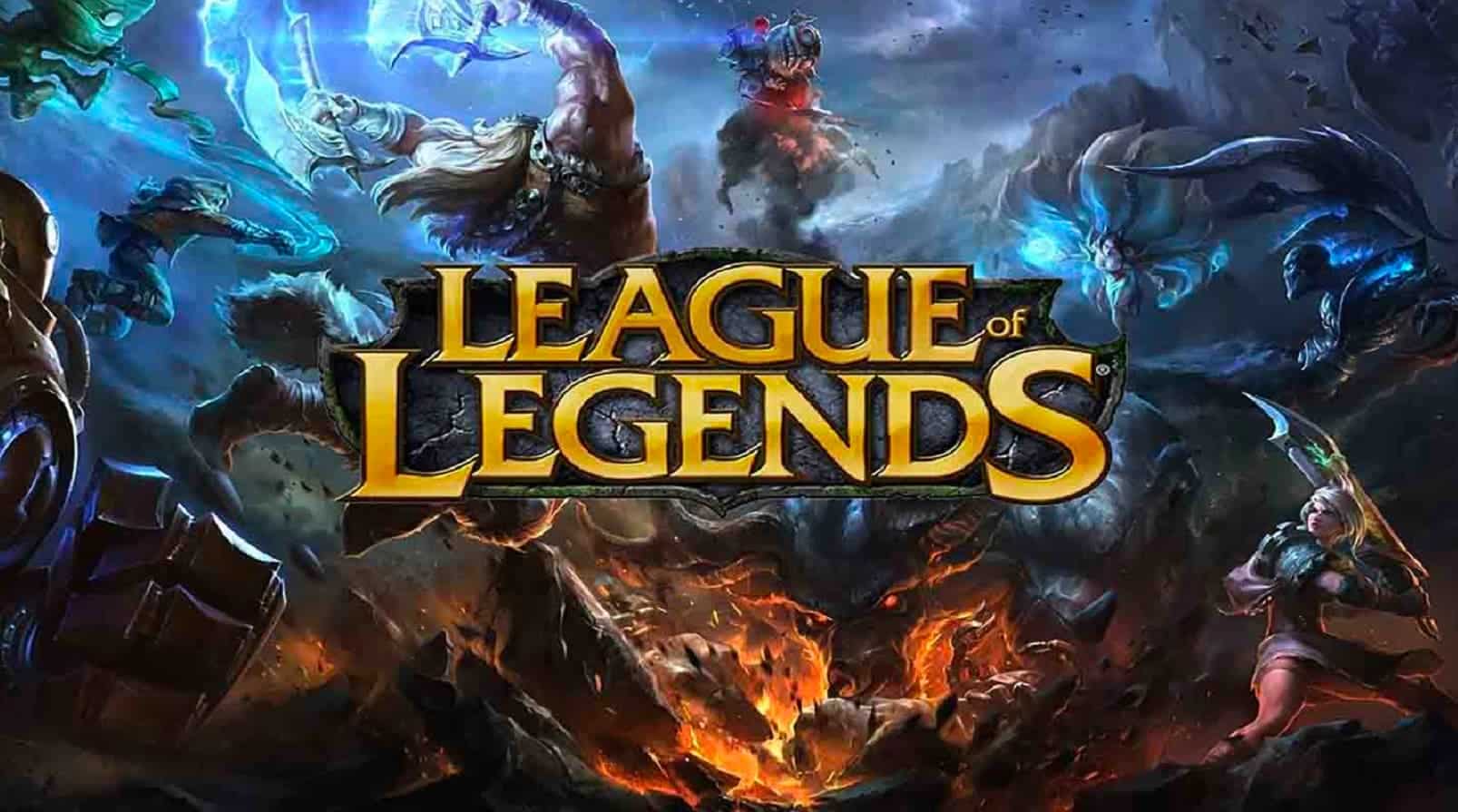
Through massive monetization efforts in the global tournament scene, video games like League of Legends paved the way for esports to grow into the profitable industry it is today (Fuller 2019), aided by passionate fan-spectator and media interest (Casselman 2015). In turn, the interest in esports has sparked change in how the world at large views gamers.
Side Note: While I’m disappointed by reports of sexism in RIOT Games’ workplace and the walkout protests, RIOT’s impact on esports cannot be overlooked.
Entertainment like esports spectating, among many other video gaming activities, rally together a traditionally marginalized community of fans, players, professional gamers, and game devs alike by providing a space for community bonds to strengthen while also opening the door for new fans to identify with fellow gamers. Video games appealing to this wider audience demographic has been extremely helpful in defeating traditional video gamer stereotypes by increasing gamer diversity in leaps and bounds.
Visibility and Acceptance
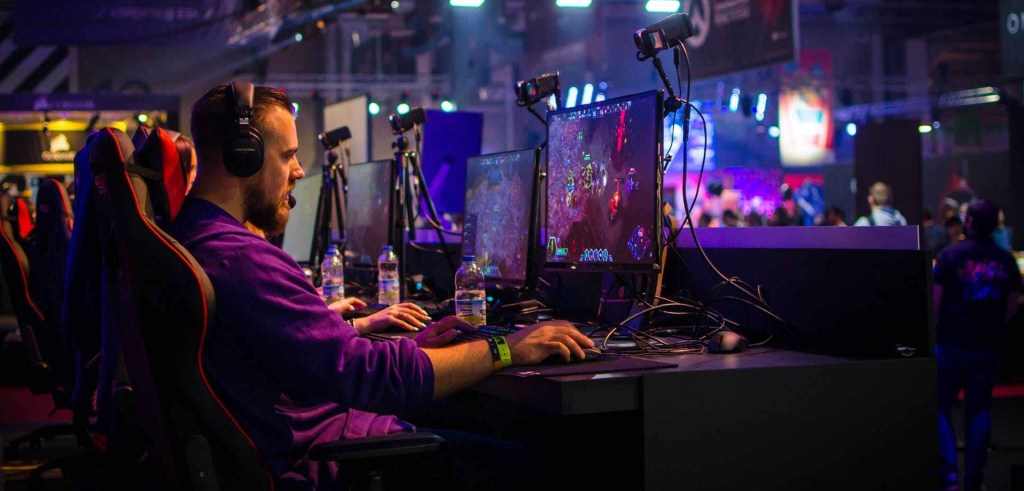
Positive exposure is important. It is not just the makers of games earning revenue anymore, but the skilled players of the games earning income simply for playing the games well before an audience, both online via streaming and on stage. This initially blew the minds of news and television personalities worldwide!
The portrayal of esports by mainstream media can actually be used as a barometer to gauge the state of gaming cultural identity as well as its position in relation to societal opposition or acceptance, and that barometer dial has been leaning farther toward acceptance than in the past. Gaming is no longer an invisible hobby that can be dismissed as an immature pursuit and gamer culture is being carried along by these winds of change.
Social factors impacting gamer culture are highly influential in sculpting the description, ideas, values, language, and behaviors making up the heart of video game industry and culture. This fundamental core is dependent on the continuous inputs and outputs from both transient and permanent cultural participants– almost like a living thing adapting to its changing environment.
The gamers make the culture and that culture is lit at its core with passion for a shared entertainment and social experience, and a desire for legitimacy.
Thank you for reading!
My Source List
Gamer Culture Post Archive ![]() Support Backlog Crusader on Patreon – $1 a month is less than what’s lost beneath your sofa cushions! Plus you get Discord access!
Support Backlog Crusader on Patreon – $1 a month is less than what’s lost beneath your sofa cushions! Plus you get Discord access!

nothing wrong in video game culture .this is a passion for kids specially…but in my opinion excessive use of video game for fun is not good for kids because they can not concentrate on studies…as we all know fighting games are more popular then other games….guns .knifes ,bombs and bullets…some times kids take wrong meaning….they became more aggressive and show angry attitude….etc…i am not against video games…i just want to say that we have to alert
LikeLike
ESRB Age Ratings for video games exist for a reason. There is a big difference between child friendly games like Mario or Pokemon and shooters like Battlefield that are rated M for Mature. Parents who allow their children to play games like Grand Theft Auto at young ages, well that’s a failure in parenting, not the fault of the games.
LikeLike
Such a great point you bring up! I absolutely agree and find it interesting that society has such outdated beliefs around gaming in general. Time to change that!
LikeLiked by 2 people
It’s definitely getting better! The next post in this series I’m working on is about how gamer stereotypes have sort of faded away without any of us really realizing it.
LikeLike
Gaming culture tends to be an easy target for the media. While there are a few weaknesses they can stand to improve on, my experience is that gamers generally much more welcoming than cinephiles. A lot of people say gamers are weird and deliberately exclusionary, but given the blatant displays of gatekeeping professional film journalists have penned in the last few years, I feel that’s a “fish don’t notice the water they swim in” deal. We’re to the point where if the public doesn’t like a critical darling, you can expect journalists to whine about how the public just doesn’t get it and why they’re stupid for not getting it.
Sure the gaming community has its flaws, but I actually get the sense there is a cohesive community. Indeed, with gaming, people are usually called out whenever they gatekeep, suggesting the behavior hasn’t been normalized. You just don’t get that with other mediums, and I think the reason why that is has to do with the interactive portion. You have to take an active role when playing a video game whereas with other mediums, you passively observe them. While everyone may have different takeaways from reading a book or watching a film, they are still given the same static experience as everyone else. With a game, you get to create your own narratives, and that makes it a lot more personal. As a side effect, I feel that allows gamers to realize and accept people have their own like/dislikes to a far greater degree than consumers of other media.
LikeLiked by 1 person
This is a fantastic comment! I’m glad I’m not the only one who thinks this deeply about gaming cultural issues. I was afraid I might be the only one! Hahah
Your point about personal experiences making folks within the community more accepting of one another is very interesting. I hadn’t thought about it specifically, but now that you bring it up I would definitely agree for single player games specifically. In the girl gamer communities I hang out in, you see people call out gatekeeping that has anything to do with the phrase “you’re not a real gamer if you only play (insert casual game here).”
On the other hand, the difference in experiences between high skill and low skill gameplay in competitive games can actually create its own set of gatekeeping. You tend to see a lot of “you’re not X rank so your opinion is invalid” type of arguments on forums for competitive games with ranked ladders. Meaning casual players are sort of sidelined and gate-kept from participating in discussions.
LikeLike
Great article! I think it will be interesting to look back the influence of mobile games on gaming culture, which I still see a lot of “you’re not a REAL gamer if you play on your phone/tablet” which was especially prevalent after the BlizzCon Diablo: Immortal announcement.
LikeLiked by 2 people
Oh shoot I forgot about mobile gaming! That’s probably very helpful as a gateway to more immersive console gaming for many. Though I don’t think it has much to do with mainstream views on seeing gaming as a legitimate past time. In fact it might even work against it with how the boomer generator tends to complain about millennials having their noses stuck in their phones.
The Blizzcon incident was actually kind of hilarious IMO. They totally missed the mark for their fan base. I know what they are going for but they couldn’t expect hardcore PC gamers to cheer for it.
LikeLike
No doubt about that, it was pretty cringe-worthy from both sides.
LikeLike
Another excellent read!
As you and others have said the world just hasn’t kept up with gamer culture. People don’t understand it, my Dad is really into his motorsports, as am I, but he doesn’t understand how someone can go from playing Gran Turismo competetively to actually getting into a real race car and being able to hold their own. He doesn’t understand that in their spare time rather than studying videos of race circuits, the likes of Max Verstappen are taking part within the simracing community in order to sharpen their skills.
By the same token though I’ve found that gaming as a community is far more fragmented than it’s ever been. There’s always been a toxicity underlying everything, exacerbated by the companies who we buy our entertainment from, but that brand loyalty, plus other more serious issues such as racism, homophobia and sexism have gotten far worse in recent years than I ever remember, to the point where my other half doesn’t play online console games any more because it’s just unpleasant and now sticks to LOTRO and text communication never revealing her gender or anything else like that to just avoid any potential issues.
LikeLiked by 1 person
Thank you! You’re too kind.
It’s odd because it seems like that internal polarization is happening at the same time that the world is taking gaming more seriously in general. Meanwhile you’ve got gatekeepers galore inside.
Yeah I know a lot of girls who won’t use mics for that exact reason. I’m also working on a post about what guys can can do to help combat sexist harassment. Some are pretty uncomfortable with it for some reason.
LikeLike
I haven’t followed esports in a long, long while, so I might be out of touch on this, but I’m not super comfortable with that being at the forefronts of the broader public’s understanding of the culture. I remember so much hyper-aggression and poor emotional self-management ruling the fighting game communities and Starcraft-era interplay for so long, I’d hate for that to still be around so prominently and reinforcing those negative stereotypes.
LikeLiked by 1 person
I would agree with you if I felt those sorts of social ineptitudes were still commonplace, but esports looks very different today than in did during the smaller scale stage of esports. In fact you may like my next article I’ll be posting about how gamer stereotypes like are on their way out.
LikeLiked by 1 person